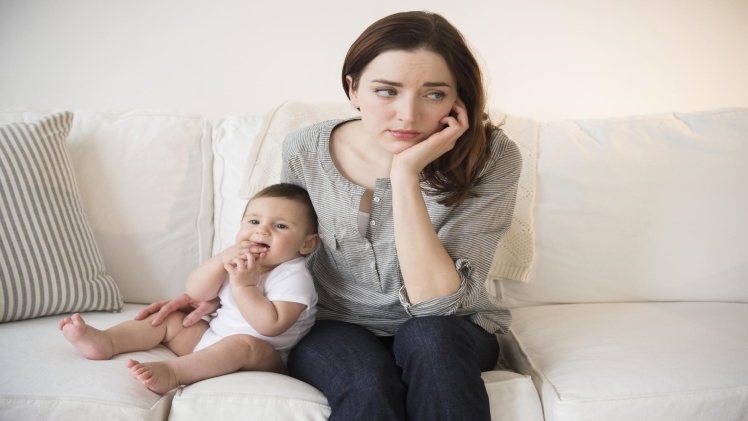Is anxiety inherited? Could your fears and personal stress influence how your kids behave and feel? According to UNC Health Talk, genetics and environment may greatly influence childhood anxiety. Daily at-home factors may make those genes more likely to appear.
Empower youth now to recognize and manage their emotions. You know the pain and stress of feeling overwhelmed. If you want to avoid triggering it, talk to your family about appropriate coping mechanisms and consider adding a child anxiety medication over the counter product.
1. Help Your Child Manage It
Kids face many obstacles and new experiences in their lives. Part of growing up is learning to cope with the ups and downs. Work with kids about how to control their nerves and tension. Remain respectful of their feelings, but don’t reinforce them.
Grow by WebMD encourages parents to help kids accept their anxiety and face it head-on. Ignoring it and avoiding situations doesn’t help. Those actions foster worrying, allowing kids to miss out on activities and growth opportunities.
Talk through what bothers them. Help ease children into the experience, giving them techniques to soothe edginess and irritability.
2. Teach Them Coping Mechanisms
Help kids recognize early signs of their anxiety. Do they become restless? Do they avoid situations or become angry? Knowing the symptoms of uneasiness allows them to try and tackle it before it becomes overwhelming.
Try pairing natural anxiety medication for children with an exercise routine. Moving around releases the additional energy that anxiety builds. It’s a healthy way to remove the jitters and elevate mood. Participate in a good run, try lifting weights or dance to an online video.
There are many techniques for kids to try. They should experiment with several to find which one fits their interests and needs. The following methods may soothe feelings and distract the mind:
- Listen to some relaxing music
- Pull out a favorite game
- Enjoy a yoga or meditation video
- Create something from scratch
- Watch a funny show
3. Avoid Helicopter Behaviors
Parents mean well, but overprotecting children may increase the odds of anxiety attacks. Do you constantly tell your little ones to pull back from more daring activities? Do you warn them about the dangers more than encourage them to try new things? These behaviors teach youth to fear more than explore.
Train them to protect themselves without making the world feel daunting. If your kiddos want to climb higher, let them try it. Push the boundaries. Stretch the horizon.
4. Talk About Your Fears Privately
Be careful about where you release your own emotions. When you are drowning, you may complain about your day. Kids listen and internalize those thoughts as normal reactions. Be careful about where you release your own emotions.
Seek out a private release. Talk with friends and spouses behind closed doors. Write in a journal. Choose options that reduce children’s exposure.
Kids pick up on their parents’ emotions. Help them from the start. Create a healthy environment and teach them to work through anxiety attacks. If they need more support, read Brillia for children reviews to learn about an over-the-counter product that could help.
Knetizen is the Best Netizen News Blog 2022

